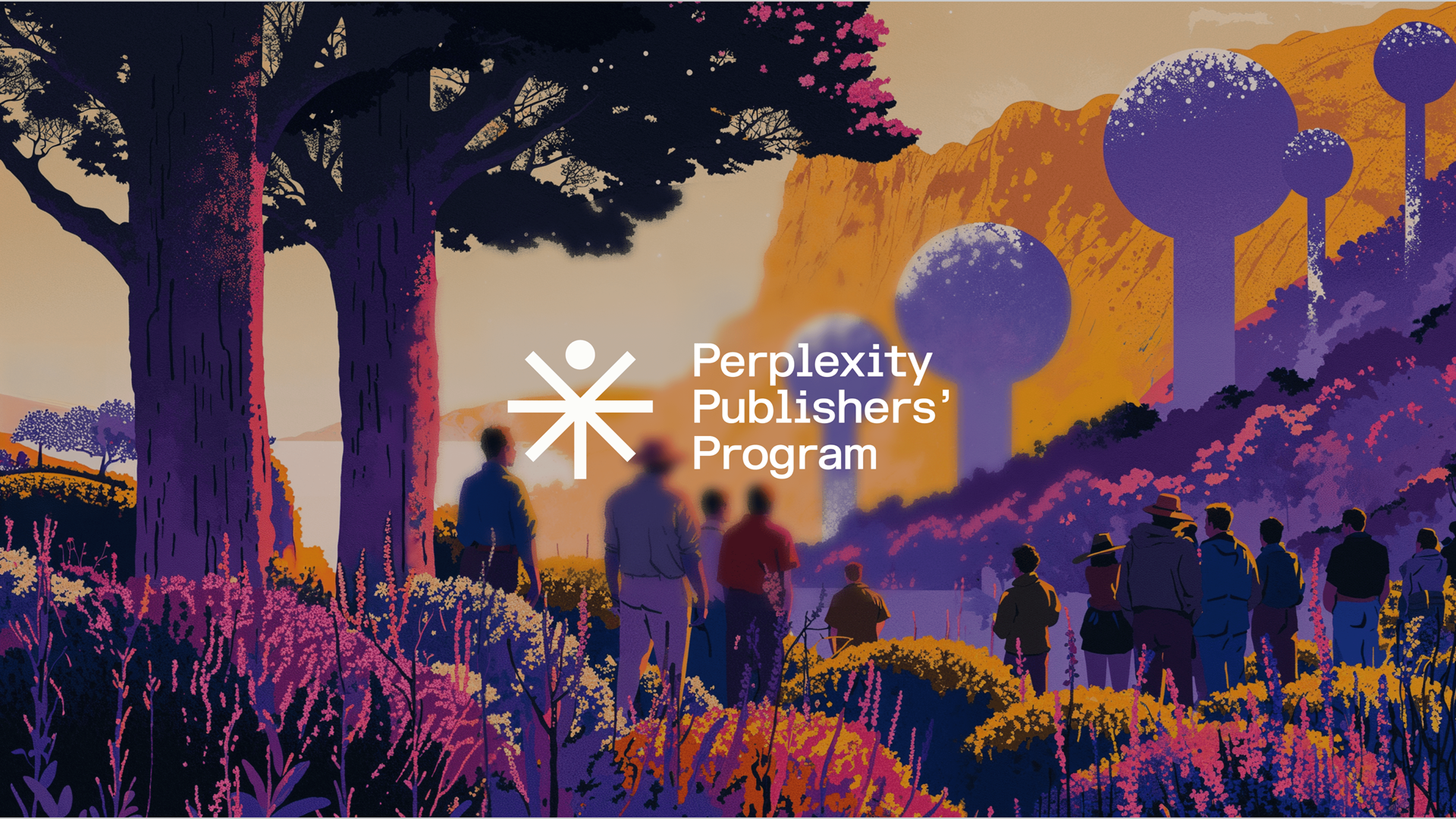Get ready for AI to serve Google Search-style ads
Perplexity's AI search engine will include 'sponsored' follow-up questions from major publishers

Sign up for breaking news, reviews, opinion, top tech deals, and more.
You are now subscribed
Your newsletter sign-up was successful
AI conversational search engine Perplexity is taking a page from Google’s advertising playbook with a new sponsorship scheme. Companies will be able to pay for one of the “related follow-up questions” users see when they ask Perplexity to research something. The paid question will be labeled as such, like the sponsored links in a Google search. Perplexity has previously made a point of saying that advertising-driven models don’t affect the AI’s responses. Presumably, that applies to everything but these sponsored follow-up questions.
The companies in question are publishers whose work Perplexity’s AI may pull from in its responses. The initial cohort includes TIME, Der Spiegel, Fortune, Entrepreneur, The Texas Tribune, and WordPress.com. The sponsors and Perplexity will divide revenue in some undisclosed manner, with the companies paying Perplexity based on the number of people who see the branded questions available.
Perplexity is also giving its new partners access to its large language models, enabling them to make their own AI search engines based on their content. Employees will also get a free year of Perplexity Pro. Whatever the details, the publishers clearly see this as a potential new revenue stream, much like Google ads, but keyed to the impact AI is having on traditional publishing and distribution systems.
AI Searches for Fairness
Those changes may be the underlying motivation for the new partnerships. Traditional search engines direct users to external websites through links, but AI search engines like Perplexity can deliver full answers without needing to leave the conversation. AI-generated search results might dissuade users from visiting the original sources cited in the AI’s answer.
That could mean reduced ad revenue and subscriptions for the publication. Many publishers have criticized Perplexity and other AI developers for using their content without compensation. Offering a share of ad revenue to publishers whose content contributes to AI-generated answers might help address the tension between content creators and AI platforms.
Perplexity was early to the AI search engine scene, but it’s no longer unique among generative AI platforms in doing so. OpenAI made a big splash when it unveiled an early version of SearchGPT, its own AI web search tool, barely a week earlier. Notably, OpenAI has been stacking up agreements with various publishers to share data and otherwise teaming up in ways that might make sponsored answers part of SearchGPT, too.
Still, offering a financial incentive to publishers is a solid way for Perplexity to enhance its services and bolster goodwill with the data providers that make its AI valuable.
Sign up for breaking news, reviews, opinion, top tech deals, and more.
“We structured this program to ensure we have a scalable and sustainable way to align incentives for all parties. We appreciate the publishers who have joined us for this program and provided us with valuable feedback about how it should operate,” Perplexity CEO Aravind Srinivas said in a statement. “We have always believed that we can build a system where the whole Internet wins, and this is just the first step.”
You might also like...

Eric Hal Schwartz is a freelance writer for TechRadar with more than 15 years of experience covering the intersection of the world and technology. For the last five years, he served as head writer for Voicebot.ai and was on the leading edge of reporting on generative AI and large language models. He's since become an expert on the products of generative AI models, such as OpenAI’s ChatGPT, Anthropic’s Claude, Google Gemini, and every other synthetic media tool. His experience runs the gamut of media, including print, digital, broadcast, and live events. Now, he's continuing to tell the stories people want and need to hear about the rapidly evolving AI space and its impact on their lives. Eric is based in New York City.